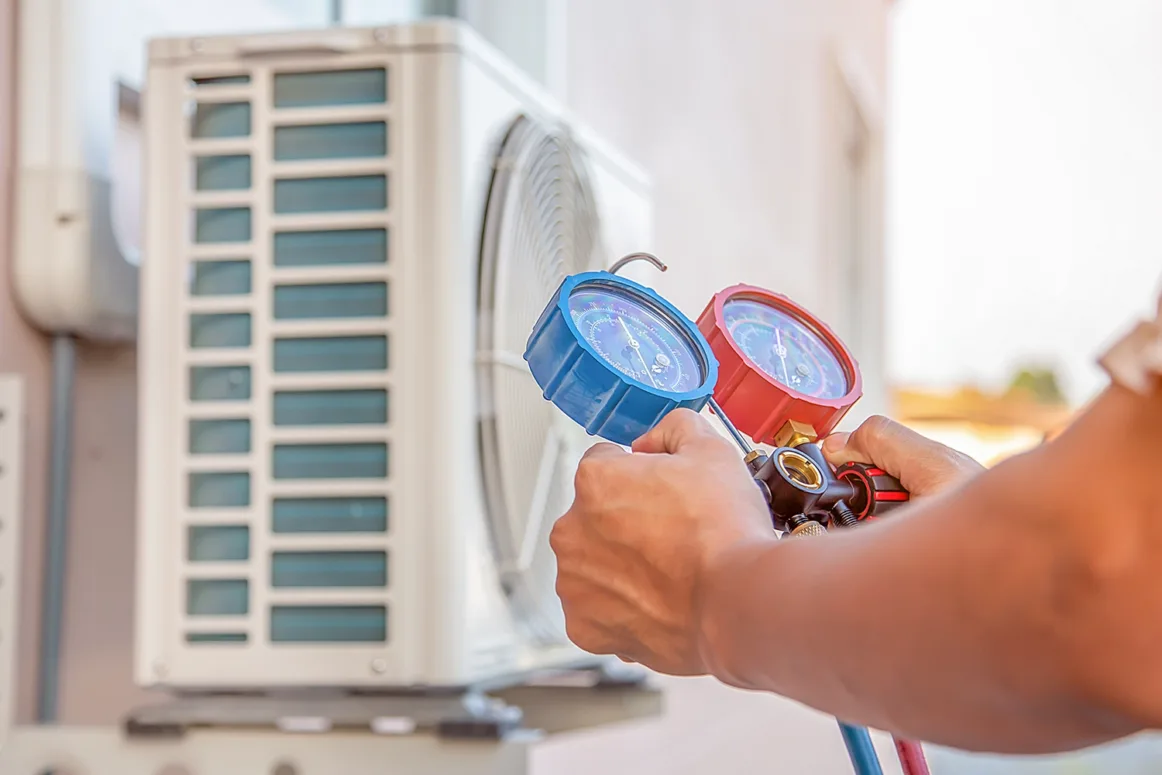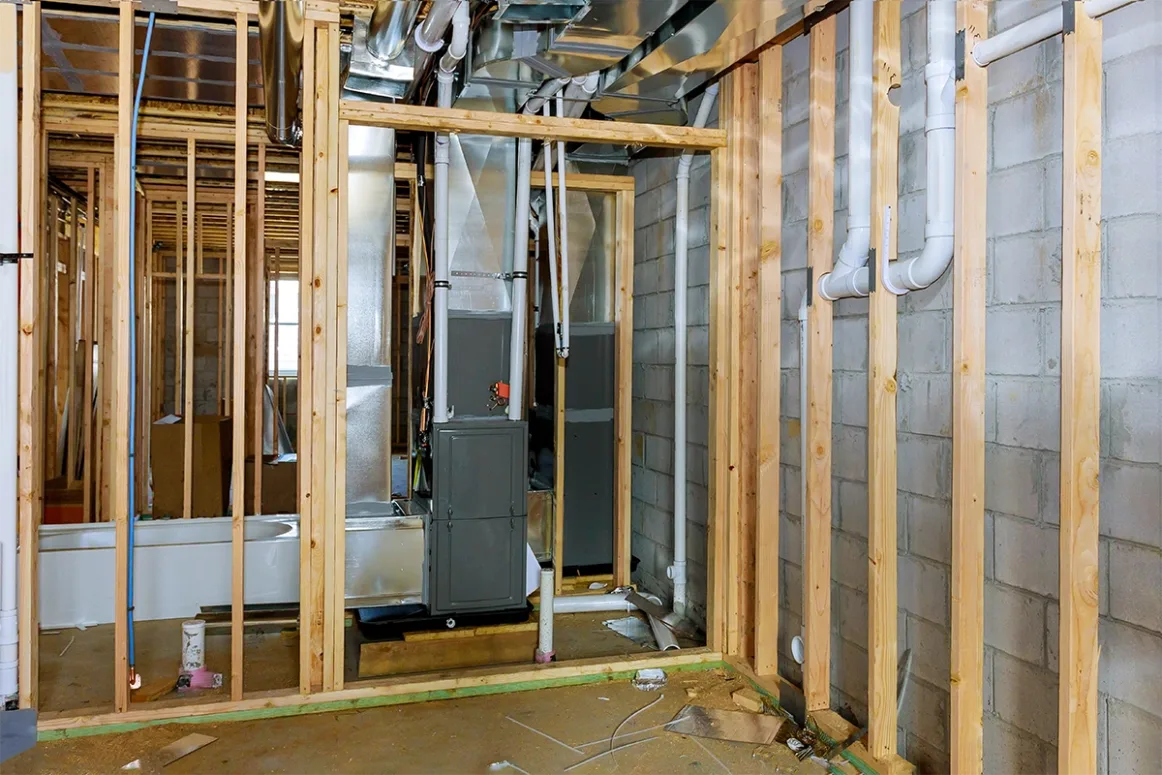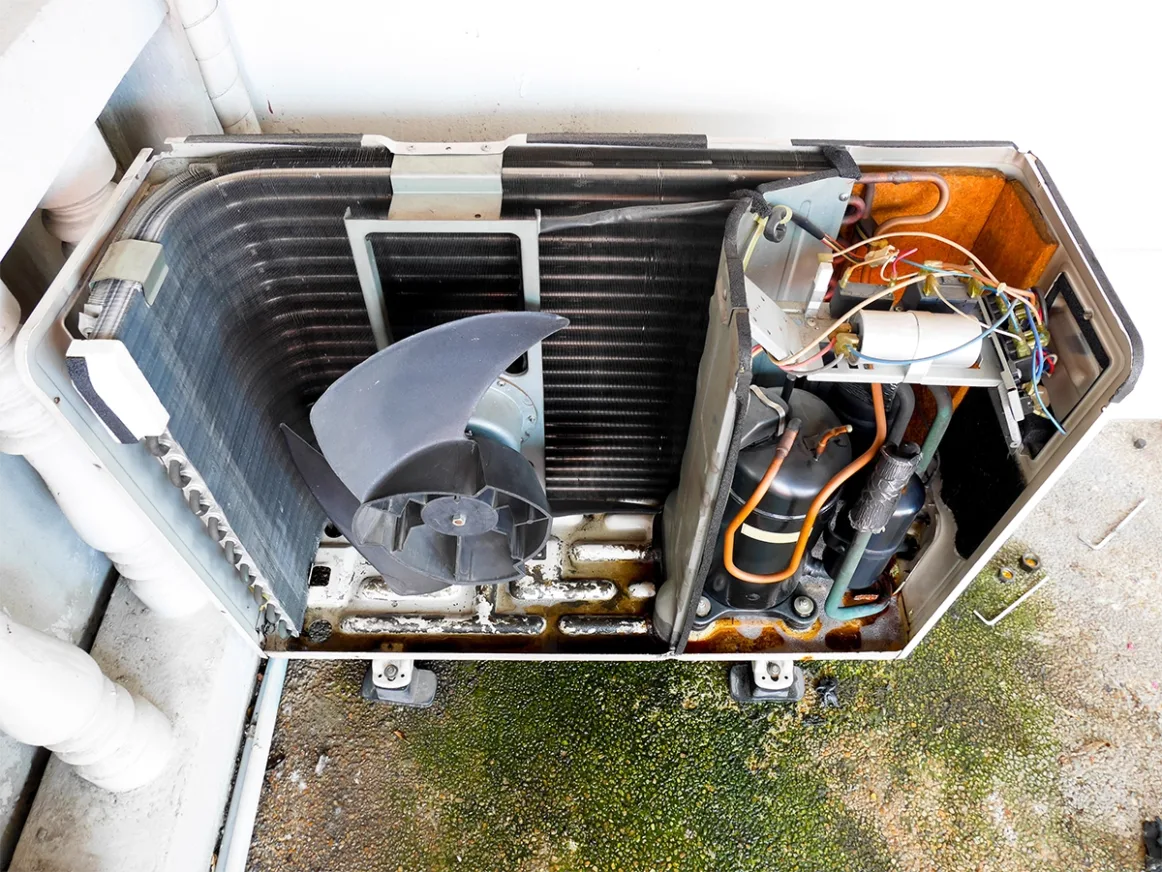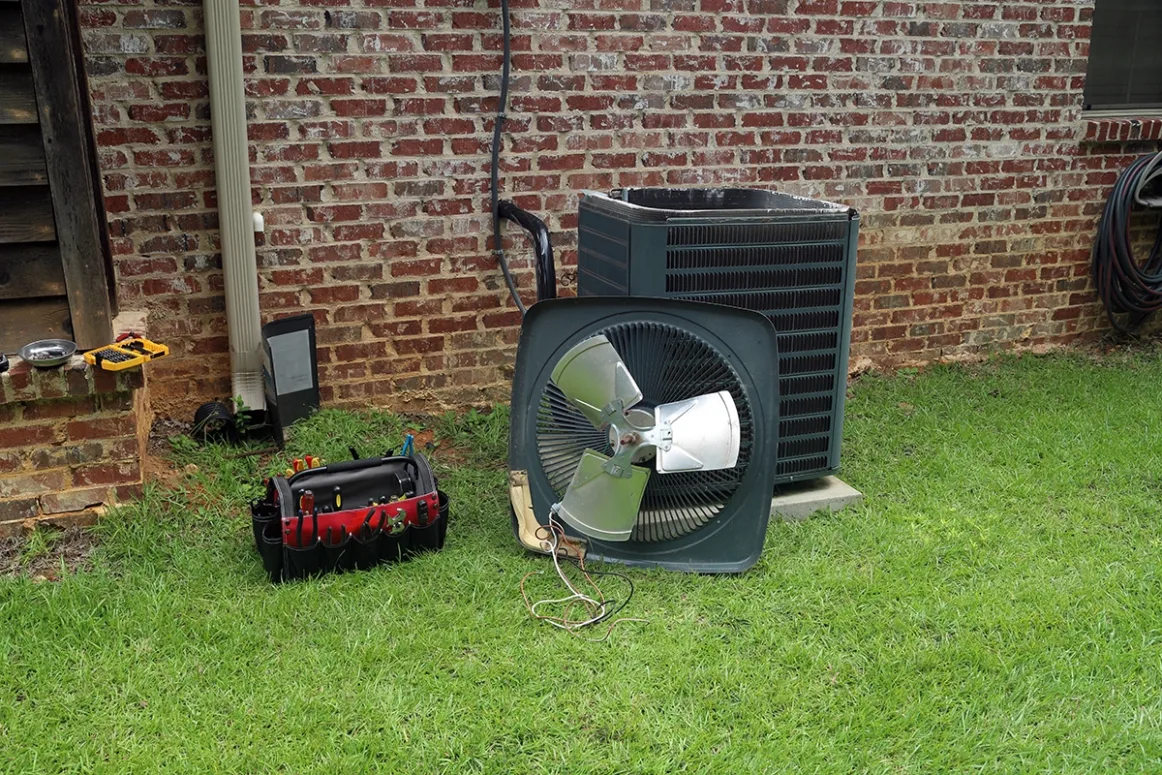
Signs of a Faulty Heat Pump Reversing Valve
The heat pump provides cooling in the summer and heating in the winter, thanks to the reversing valve, which is essential for changing its functions. However, if the reversing valve is damaged or malfunctioning, the heat pump won’t be able to switch between modes. In such scenarios, you can contact Russell Heating and Air for assistance in fixing the reversing valve. In this blog, we will shine some light on problems that can cause harm to your system.
Heat Pump Reversing Valve Basics
This valve can be defined as a critical part of a heat pump that enables the system to have the capacity to operate for both heating and cooling processes. Every heat pump system includes a reversing valve that uses refrigerant and allows it to flow throughout the system. While in heating mode, the heat pump transfers heat from the outside atmosphere into the house. Conversely, a cool room uses the heat pump, but the reversing valve will operate the other way around, which means hot air will be pushed outside instead, and cool air will now flow inside.
Even though the function of the reversing valve is clear, it’s crucial for the proper operation of your unit. In these rare instances, the reversing valve gets too hot, and the heat pump seems to be “locked” into a mode, meaning that it cannot turn off and, thus, cannot regulate temperature within the room. This is an inconvenient issue since the cost of energy bills increases dramatically. But if you know the symptoms that signal that the valve needs attention, many of the problems can be avoided, keeping your unit free from issues around the year.
Common Signs of a Failing Heat Pump Reversing Valve
Everyone knows that ignoring the significant warning signs can result in catastrophic damage to your home’s HVAC system. Thankfully, some signs indicate the reversing valve is about to fail, and you can remedy the situation before it worsens.
- Constant Heating or Cooling Mode: With the outside temperature fluctuating, your home must be kept in a comfortable temperature range. One of the significant signs that a valve has suffered damage is your pump being stuck in heating or cooling mode and the valve not switching sides. When the thermostat is set to a different mode than the winter/summer one the house is stuck in, a faulty valve is the likely cause.
- Inconsistent Comfort Levels: When customers complain of discomfort in their homes, a faulty reversing valve could be blamed. Some rooms are too hot, and others too cold, which could be due to inadequate airflow, as the reversing valve might be partly switched on.
- Whistling or Clicking Sounds: A malfunctioning reversing valve is likely to click or make a hissing sound, indicating that a change of mode is being resisted. Though some sounds are to be expected, one with odd sounds or noises should always raise a concern. Still, there exists no converting valve or reversing valve, in this case it is safe to assume that other screws or internal parts are broken.
- Icing Issues: Because of a defrost cycle, a heat pump accumulates water to preserve the outdoor unit and control icing. The reverse cycle flow may be interrupted if a defective reversing valve or any other valve malfunctions. If this circumstance is left untreated, it might harm the heat pump’s operation. Subsequently, this may impair further pump performance.
- Rising Energy Costs: When the reversing valve fails, your heat pump begins to run faulty. For instance, if it is ‘stuck’ in heating mode and the temperature is desired to be set in cooling mode, it will take considerable effort from the system to cool down the temperature. In this way, the system runs on increased energy consumption while bringing down the temperature and thus increasing your utility bills. Malfunctioning reversing valves could be why your energy costs are skyrocketing.
Causes of Reversing Valve Failure
So why do reversing valve faults occur? Understanding the causes to prevent in the future
- Mechanical Wear and Tear: Like any other mechanical part, a reversing valve is bound to deteriorate and wear out with time, particularly in systems operating year-round. As time goes by, seals inside the valve weaken, and the wear and tear of moving parts makes switching between modes progressively harder.
- Electrical Problems: A solenoid is fixed to the reversing valve and is used to switch the heating and cooling modes of the air conditioner. For example, there may be a case that shorts out the solenoid, or a loose lead may accompany the solenoid. If a situation like this occurs, the valve will not function correctly.
- Contaminants Entering in System: Unwanted elements like dust, dirt, and moisture can enter the system over time, which may block or damage the reversing valve. Therefore, regular maintenance will help eliminate contamination and maximize the life span of the parts of the heat pump system.
Calling on Professional Help
Although certain aspects of a malfunctioning reversing valve may appear manageable “for the time being,” neglecting them can create serious problems later. If you notice signs such as those listed below, it would be prudent to contact Russell Heating and Air for repair.
- System Not Switching Modes: If my heat pump won’t change the mode from heating to cooling and is unresponsive to thermostat changes, it could be a reverse valve problem. The switch can create additional stress on the system, straining other components and causing a loss of effectiveness.
- Extreme Frost accumulation: When the frost is located on the heater’s outdoor unit and hasn’t thawed out, indications show that the reversing valve may be defective. Frost can obstruct airflow and cause the unit to work more than required, leading to a waste of energy and a greater chance of other issues.
If these matters are taken care of on time, costly services could be avoided, and the unit will continue to operate as it should.
All In All
We’ve focused on the reversing valve, how crucial it is for the system’s operation, and how it affects your comfort and expenses. Knowing the symptoms will help you understand that the heat pump reversing valve is malfunctioning, thus preventing it from further failure. Russell Heating and Air, located in Canton, GA, is the dependable contact for heat pump repair and maintenance. Our team will ensure that your heat pump works perfectly and your house’s temperature is comfortable all year. Call us now to schedule a visit and learn the difference that dependable HVAC service professionals make.





